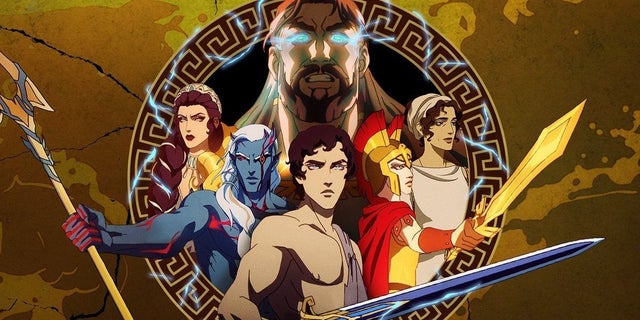Those who lived through the early 2010s may have remembered the string of mediocre media adaptations of Greek Mythology. From Warner Bros’ “Clash of the Titans” to 20th Century Fox’s “Percy Jackson” films. Those are just some of the more memorable entries amidst the subpar schlock such as Henry Cavill’s “Immortals” and Dwayne “the Rock” Johnson’s “Hercules”. How many gods-damn times do we have to see the whole son-of-a-deadbeat-god fantasy trope on-screen!
What caught our eye, though, was the fact that Netflix’s anime-style Greek fantasy series was being created by Powerhouse Animation. Those with a keener eye may have noticed that the series shares a distinct art style with another animated fantasy series on Netflix. A phenomenal adaptation of a video game icon, “Castlevania”. With that in mind, we simply had to know. Is “Blood of Zeus” of the same pedigree? Or, like Zeus’ many progenies, another unwanted bastard? Let’s find out.

The plot of the series follows the story of a young demigod named Heron. Born of a union between the Queen of Corinth, Electra and Zeus. Hidden away by the god, the two of them live mostly unremarkable lives. Until one day, a rising demon army led by its enigmatic leader, Seraphim attacks their town. Now, Heron must go on a journey to realise his true heritage. Along the way, he’ll unravel a complex web of love, deceit and betrayal between both gods and mortals. A conspiracy that threatens to awaken old evils that would tear both Greece and Olympus apart. The fate of the world is now in the hands of Zeus and his sons.
Right off the bat, it’d be easy to dismiss “Blood of Zeus” as being simply a rehash of old Greek fantasy trope albeit with more gore. We nearly did but as each episode gives us another piece of the puzzle, we begin to see a rather compelling narrative form. One that feels as gripping as it is authentic to the dramatis personae of “Blood of Zeus”. Yes, Zeus is kind of a womanising douche but maybe that’s because he never really had a father. After all, his dad did try to eat him and his siblings. He cares deeply for the ones he loves but lacks the will to commit to them.
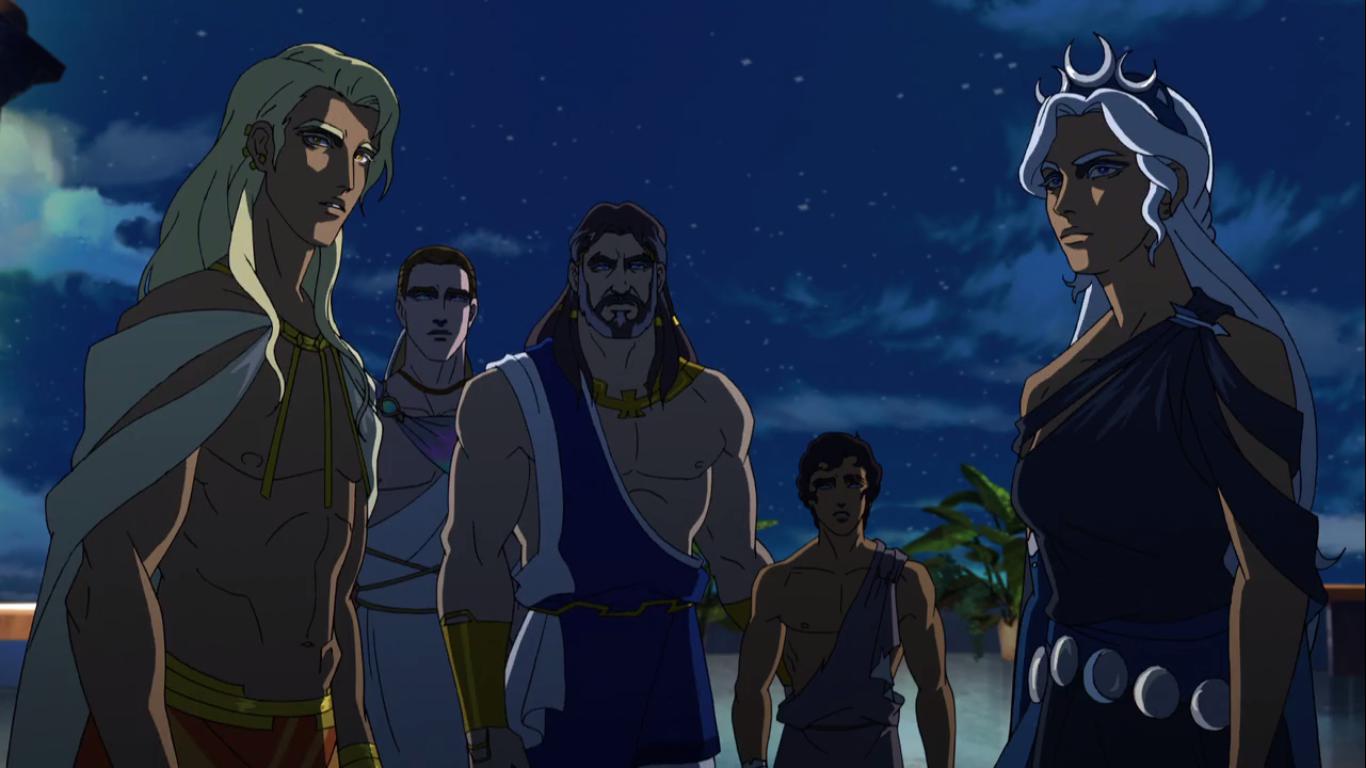
Through this one character flaw, we see this incredible ripple effect. How it affects his relationship with Heron, his wife Hera and the other gods in the Pantheon. Of all the characters on the show, Zeus is arguably the most well-developed. Unfortunately, this level of thematic complexity isn’t necessarily extended to the main characters of the series: Heron and Seraphim. There is an interesting idea of how the two of them are two-halves of the same coin (or drachma) that resonates throughout the series.
The problem here is that the writers simply don’t afford them much depth. It’s tough not to see Heron as just another Percy Jackson rip-off. Especially since so much of his backstory follows the same beats. He’s young, angsty, loves his mother and hates his absentee father, whom in time he reconciles. As for Seraphim’s character arc, we won’t spoil. Rest assured, you’ll find it all too familiar as well.
While the show’s writing is middling, the pacing more than makes up more of it. Seriously, the plot moves at lightning speed. Probably due to the fact that the eight episodes, each around 30 minutes, don’t leave a lot of room for meandering. There’s always something exciting going on, both in the foreground and background. Whether it’s divine politics, familial drama or badass battles.
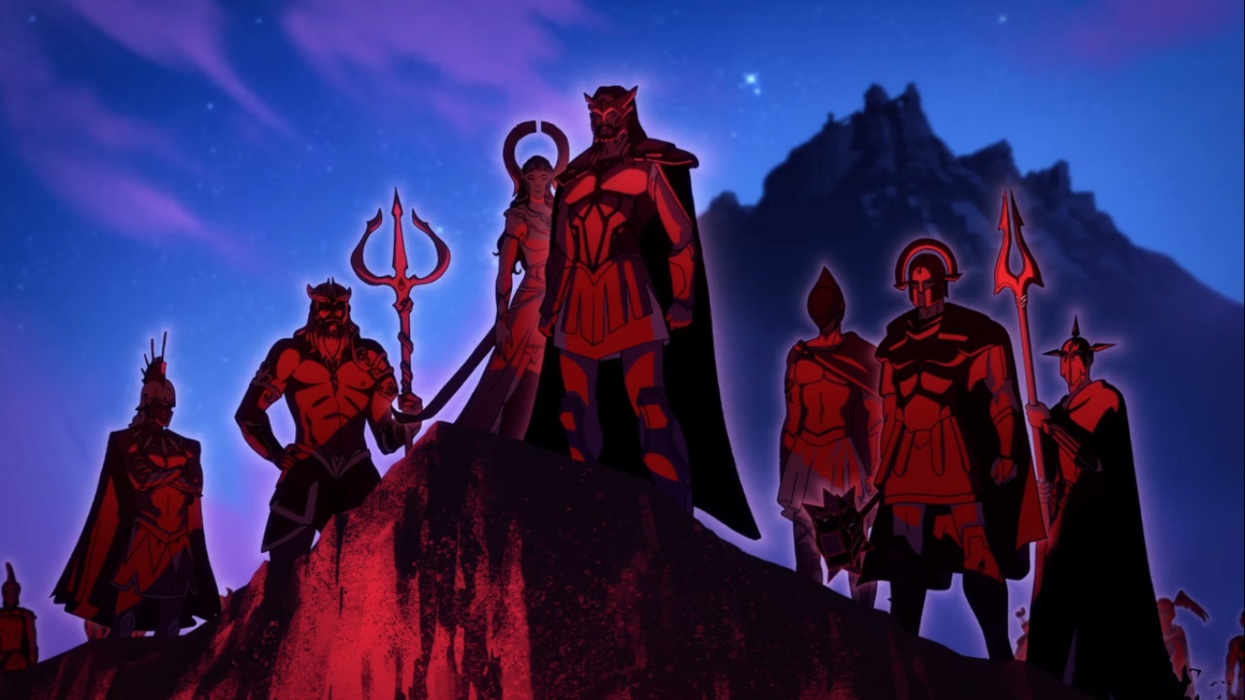
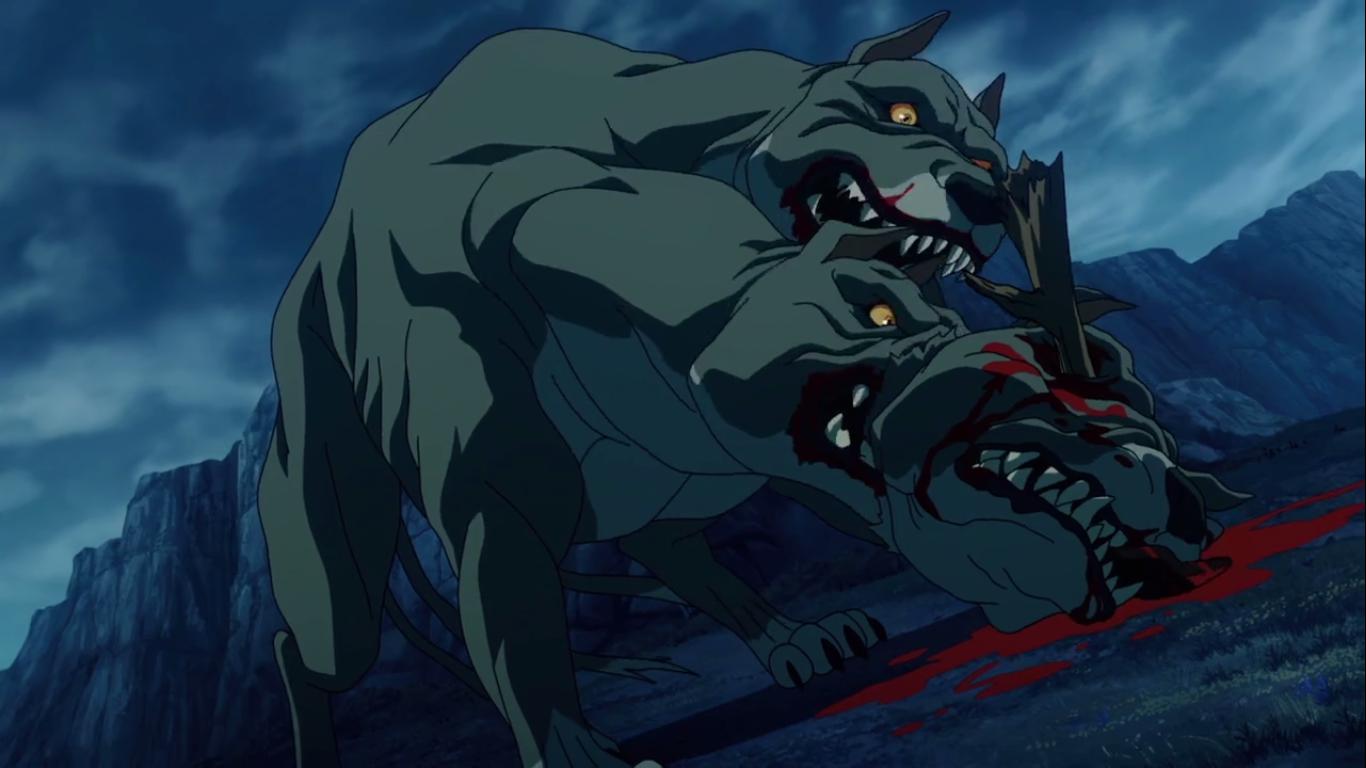
Speaking of which, the animation work in “Blood of Zeus” is impressive. Expect the same level of blood and gore from “Castlevania” with flashier effects. The creature designs, especially when it comes to the Giants, have so much personality to them. The vistas and backgrounds lend a sense of immersion to the entire affair. From the ornated glories of Olympus to the hellish landscape of the Underworld. That being said, there were a few technical hiccups from time to time.
For some reason, “Blood of Zeus” has the frame linger on the character’s expression for far too long. So if a character visibly expressed shock, the frame zooms in the countenance for at least four to seven seconds. Turning a dramatic moment into something unintentionally hilarious. It’s almost as if these animated characters are waiting for their cue to stop. Furthermore, the series doesn’t quite have the same polish and kinetic vibrancy as “Castlevania”. In time and improvement, we can’t wait to see what Powerhouse can do with this setting.
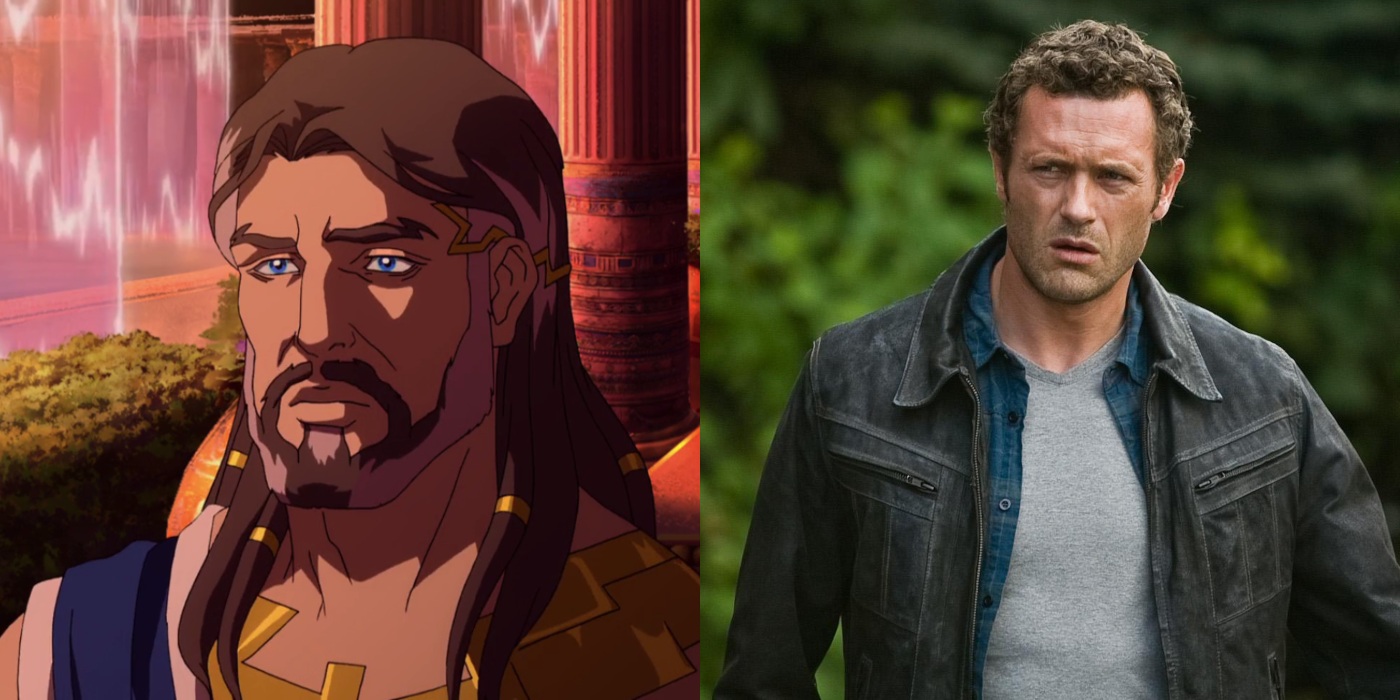
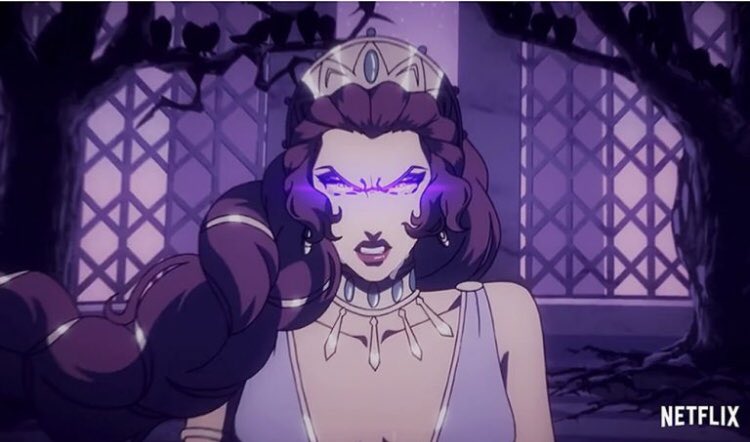
All this is breathed to life by a mostly commendable cast of voice actors. Jason O’Mara as the charismatic, yet remorseful, Zeus is the highlight of the cast. O’Mara is most known for his role as Batman in the DC Animated Movie Universe with his first appearance in 2014’s “Justice League: War”. Since then, he has really evolved as a vocal artist. He employs different tones when he switches between Zeus’ alias as Elias and the god himself.
Derek Phillips does the best with the material given to him as Heron and his voice does match his character’s frame and model. He hasn’t exactly gotten much of a chance to shine here seeing that he’s eclipsed by O’Mara. Hopefully, he’ll have more of an opportunity in the next season. Claudia Christian totally kills it in her role as the scorned goddess Hera. She truly is the Goddess of Sass and Vendettas.
“Blood of Zeus” does enough to distinguish itself from all its other demigod predecessors, providing viewers with a visual feast as it weaves a resonant, if not familiar plot of gods, mortals and monsters. Barring minor script issues and a handful of odd artistic directions, its first season is a strong start with plenty of room to grow. You’ll be tempted to binge “Blood of Zeus” all in one go. We recommend spacing it out between a few days to let each episode sink in. The experience feels rather reminiscent of a good YA novel. One you wished lasted a little longer.

As of now, you can watch “Blood of Zeus” on Netflix. Be sure to tell us what was your favourite moment in the series in the comments down below!
Follow us on Instagram, Facebook or Telegram for more updates and breaking news.


